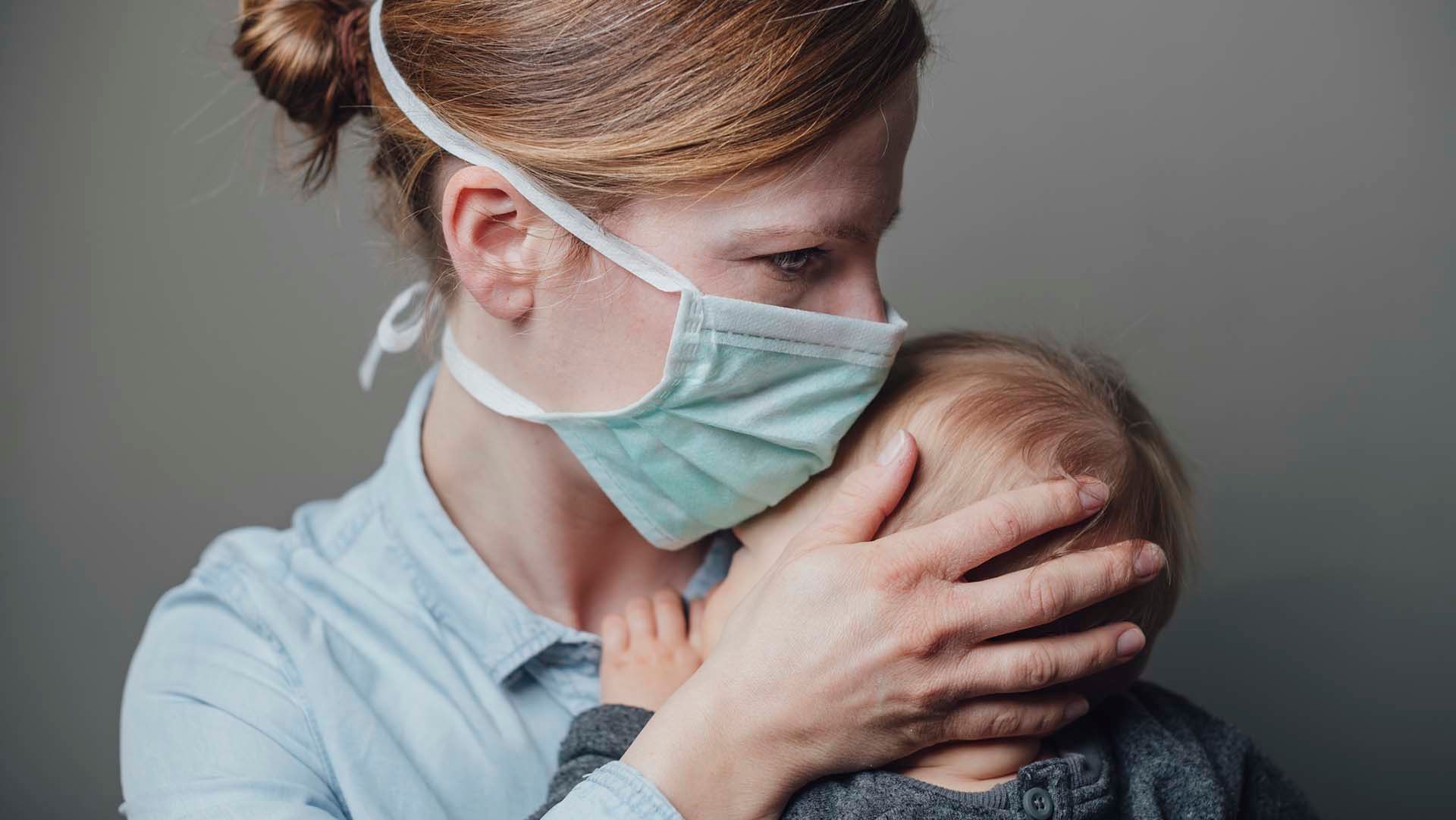There is no vaccine against respiratory syncytial virus (RSV), but there is a preventive treatment that can help protect those infants who are most vulnerable to severe illness from RSV. This treatment is a monoclonal antibody treatment. Here’s a look at how monoclonal antibodies work and how they are different than a vaccine.
Why RSV is a concern for many families
In the U.S., respiratory syncytial virus (RSV) infections send over 58,000 children under the age of 5 to the hospital every year. Typically, there is an increase in RSV infections that begins in fall, lasts throughout the winter season, and wanes in spring. However, spikes in infections have been less predictable in recent years, with an increase in RSV cases during the summer months.
In most cases, RSV causes cold symptoms—runny nose, congestion, coughing, sore throat, sneezing, decreased appetite, low fever. But RSV also causes hundreds of thousands of severe infections every year—infections that spread to the bronchial tubes and lungs and make it difficult for a person to breathe. Among these cases of severe infection are many children, making RSV a serious concern for many families.
Infants under 6 months old, children that were born pre-term, children with lung conditions or congenital heart conditions or who are immunocompromised are considered at high-risk for severe RSV. However, RSV can also lead to hospitalizations in children who do not have these risk factors.
Is there an RSV vaccine?
Because RSV infections are so widespread—and have the ability to cause severe illness—there has been much interest in developing a vaccine that protects against RSV. The first clinical trials for an RSV vaccine were conducted in the 1960s and research is still ongoing.
While research has yet to produce a vaccine against RSV, medical researchers have had more success in developing treatments that can prevent severe RSV infections.
Monoclonal antibody treatments
When the body becomes infected with a virus, the immune system responds in a number of different ways. One response is the creation of antibodies. Antibodies are proteins that attach to the surface of a virus. This helps the immune system recognize and destroy the virus. Specific antibodies work against specific viruses.
Monoclonal antibodies are antibodies that are made in a lab. They function similarly to antibodies that are made by the immune system—they attach to a virus, helping the immune system recognize and destroy that virus.
Monoclonal antibody treatments function differently than vaccines, which prompt the immune system to start making specific antibodies. The downside to this is that monoclonal antibodies do not provide long-term immunity. The upside is that monoclonal antibodies are basically ready to go to work once they enter the body.
The first treatment approved to prevent severe RSV infection is a monoclonal antibody treatment. This treatment is only available to infants under two years old who are at high risk for severe RSV. It requires monthly injections during the season where RSV infections are most common, fall through early spring.
Other treatments using monoclonal antibodies are under development. The hope is to develop preventive treatments that require fewer shots and can be made more widely available.






